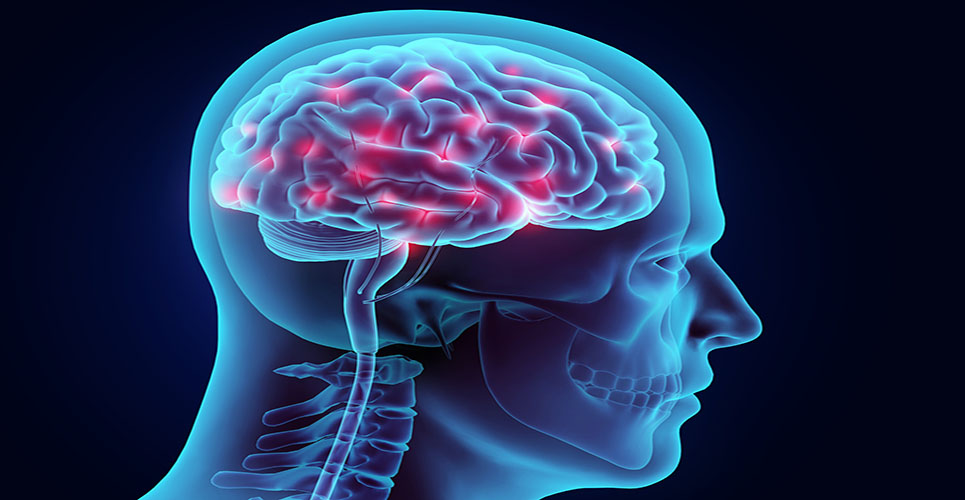teaser
Evidence of Neupro® improving motor as well as non-motor symptoms of Parkinson’s disease were presented at the 62nd American Academy of Neurology annual meeting in Toronto, Canada.
“The new data reported this week showed that treatment with rotigotine controlled early morning motor function and improved non-motor symptoms, as judged by the validated non-motor scale, in patients with Parkinson’s disease and these effects translated into improvements in quality of life for our patients. RECOVER is the first study carried out in a controlled setting that addresses the non-motor symptoms of Parkinson’s disease, such as sleep, mood, cognition and pain which can be just as debilitating to patients as the more obvious movement disorder.” said Professor Ray Chaudhuri, Consultant Neurologist and Professor in Neurology and Movement Disorders at Kings College NHS Foundation Trust, and Kings Health Partners, London, UK.
These new findings were reported in extensive analyses of data from RECOVER – a multicentre, multinational, double-blind, placebo-controlled study designed to assess the effects of rotigotine in controlling early morning motor function and non-motor symptoms that affect the everyday lives of people with Parkinson’s disease.
Of the 287 Parkinson’s patients in RECOVER, 190 were randomized to rotigotine and 97 to placebo. The dose of rotigotine or placebo was tailored to individual patient need (2-16mg/24h or placebo) during a titration period lasting up to 8 weeks, followed by a 4 week maintenance period.
Early morning motor function was assessed using the Unified Parkinson’s Disease Rating Scale (UPDRS) Part III (Motor Examination) and sleep quality was assessed using the Parkinson’s Disease Sleep Scale (PDSS). Patients were hospitalized for two nights before assessment at baseline and again at the end of the maintenance period. The co-primary efficacy endpoints were the mean change from baseline to end of maintenance in PDSS and UPDRS Part III scores. Non-motor symptoms were assessed as secondary outcomes.

